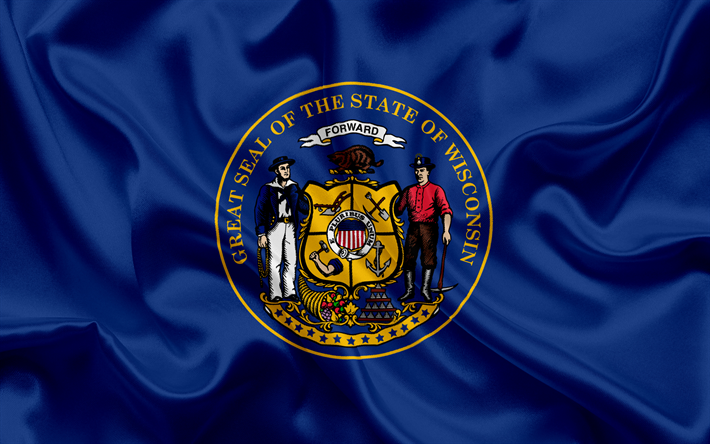The Wisconsin Department of Agriculture, Trade and Consumer Protection (DATCP) has announced the official end of the state hemp program, leaving farmers to work directly with the United States Department of Agriculture’s (USDA) Domestic Hemp Production Program beginning in 2022.
Hemp processors will remain under DATCP’s authority for consumer and food products, the agency noted in a press release announcing the end of the state program.
The change was foreshadowed earlier this summer when the Wisconsin legislature declined funding that would have maintained positions essential to managing the state’s hemp farmers.
With hemp farming licenses falling from 1,301 in 2020 to 340 this year, and hemp processing license applications tumbling from 619 to 248 in the same period, the Wisconsin hemp program suffered a shortfall of nearly half a million dollars as fee income dropped 56%. The state attributed the falloff in hemp licensing to the coronavirus pandemic and an overheated CBD market that has had the sector in the doldrums for the past two years.
Silver linings?
With funds drying up, Wisconsin could not qualify to manage its own program under USDA requirements, so the state has relinquished regulation of hemp growing to the federal agency.
Wisconsin has operated under a pilot program established by a previous Farm Bill in 2014, and had been readying state rules to get USDA approval under the 2018 Farm Bill, which legalized hemp federally, before the funding reversal.
Despite the state’s unwillingness to invest in hemp, stakeholders point to what they see as advantages of working directly under USDA.
Once growers are no longer under the state pilot program, beginning Jan. 1, 2022, they will need to comply only with one set of federal rules with no state regulations layered on top; will pay no license or registration fees to USDA; and will be eligible for federal grant and research funds.
Also, USDA licenses are good for three years instead of one (the licensing period applied in most states), and federal oversight lets farmers use private labs to sample and test their crops for THC levels.
Learning experience
Rob Richard, President of the Wisconsin Hemp Alliance, suggested the short-lived DATCP hemp program was not a total loss. “We learned a tremendous amount of information about the plant in that time,” he said.
Now, he said, it’s time to move on: “From day one we have argued that we just want hemp to be treated like any other crop, so it’s appropriate that we transition out of a state-centric program and federalize it like we do for any other commodity,” Richard said. “Now that USDA has finalized their hemp rule and we’re seeing signs of federal financial resources in hemp research and development, this is absolutely the right time to shift course from a state-centric focused program to a federal program.”
State officials said they will support hemp farmers in the transition. “We are collaborating with USDA for a smooth transition and providing hemp growers with the resources they need to understand any changes,” said Sara Walling, Administrator in DATCP’s Division of Agriculture Resource Management.
Many producers already work with their local USDA Farm Service Agency office to report their crops, so the transition aligns with processes already occurring, DATCP said.
Licensing status
The 2018 Farm Bill allows states and tribal nations to set their own licensing and regulatory schemes for hemp production as long as their programs are in compliance with USDA regulations. Hawaii, Mississippi, New Hampshire and North Carolina, and several Native American tribes have opted for federal oversight.
Twenty-four states currently have federally approved operational state hemp programs. Of the remaining 26 states that lack USDA-approved programs, 20 continue to operate under the 2014 Farm Bill’s pilot program, which expires at the end of the year.
[DATCP and USDA will hold a joint webinar from 1-3 p.m. Wednesday, Sept. 15 for growers to learn how to locate and work with their local USDA office and how to apply for a USDA hemp license. Growers can register for the webinar in advance.]

